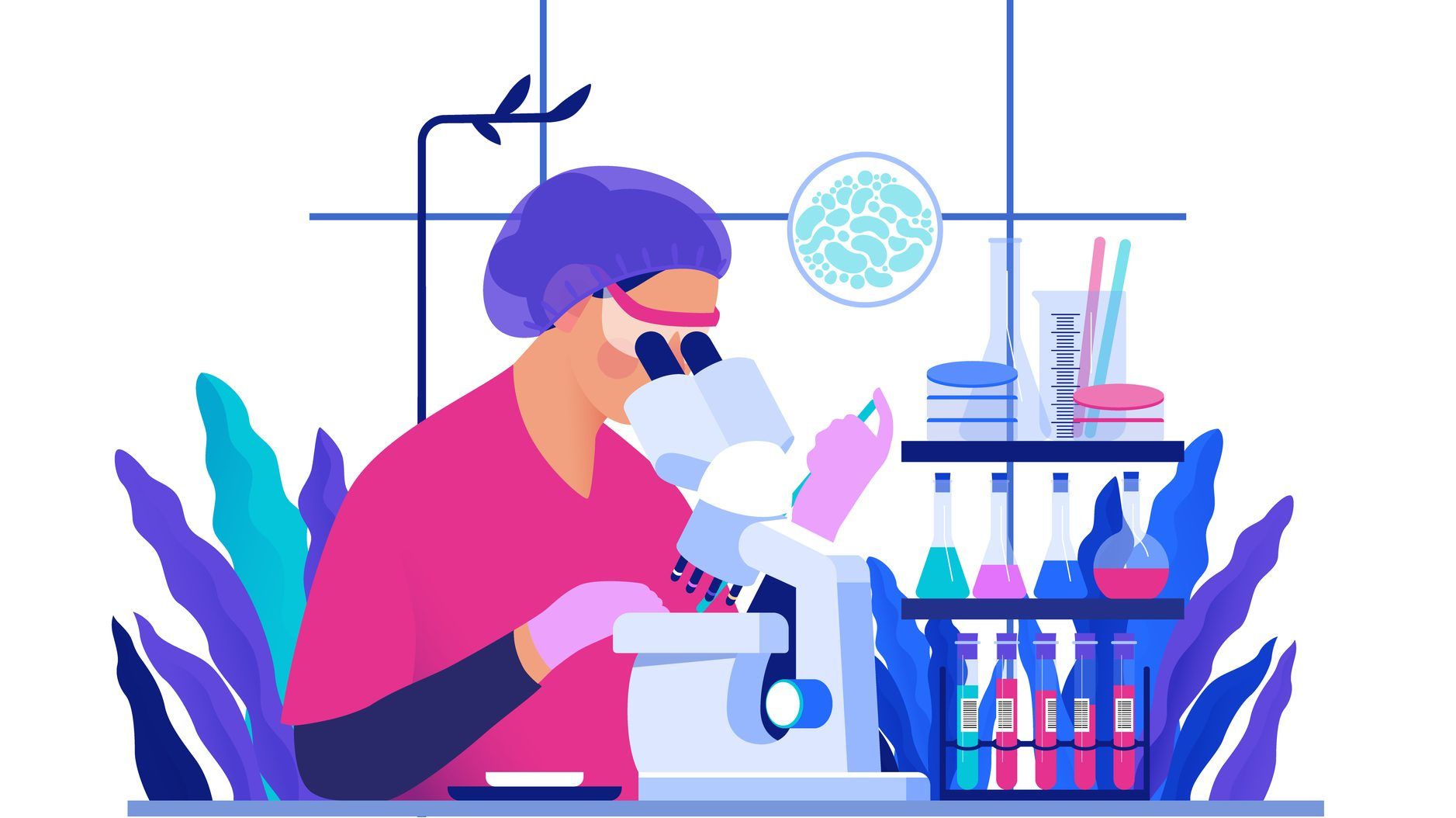what is lupus?
dr. touma: lupus is an autoimmune disease where your immune system attacks your own organs. and we have different organs in our body. for instance, the skin, it’s an organ. if it goes to the skin, it gives you skin rash and hair loss. it can go to your heart, to your kidney. your immune system is supposed to prevent you from infection — from viruses and so on. but with the lupus patient, it’s not working well, so it recognizes your internal organ as something new to your body and attacks the organ. we call it ‘the disease of a thousand faces.’ every time you see a patient, you’ve got to think carefully and try to figure out which face of the disease you’re seeing today.
what are the signs of lupus?
dr. t.: the first thing patients report is a lot of fatigue, even before they start seeing other symptoms. then there’s skin involvement in almost in 70 per cent of patients, such as a rash over any part of your body, particularly areas that are exposed to the sun — the face, the skull, the upper shoulders, the chest. they can also get a rash on the cheeks that looks like a butterfly.
you can also get a lot of arthritis — we see this in up to 60 per cent or more of patients. it affects the small to medium joints, which means the wrists, knuckles, toes, ankles, knees, with swelling and pain. it can affect muscles and cause weakness, making it difficult to walk or climb stairs.
 7 minute read
7 minute read







